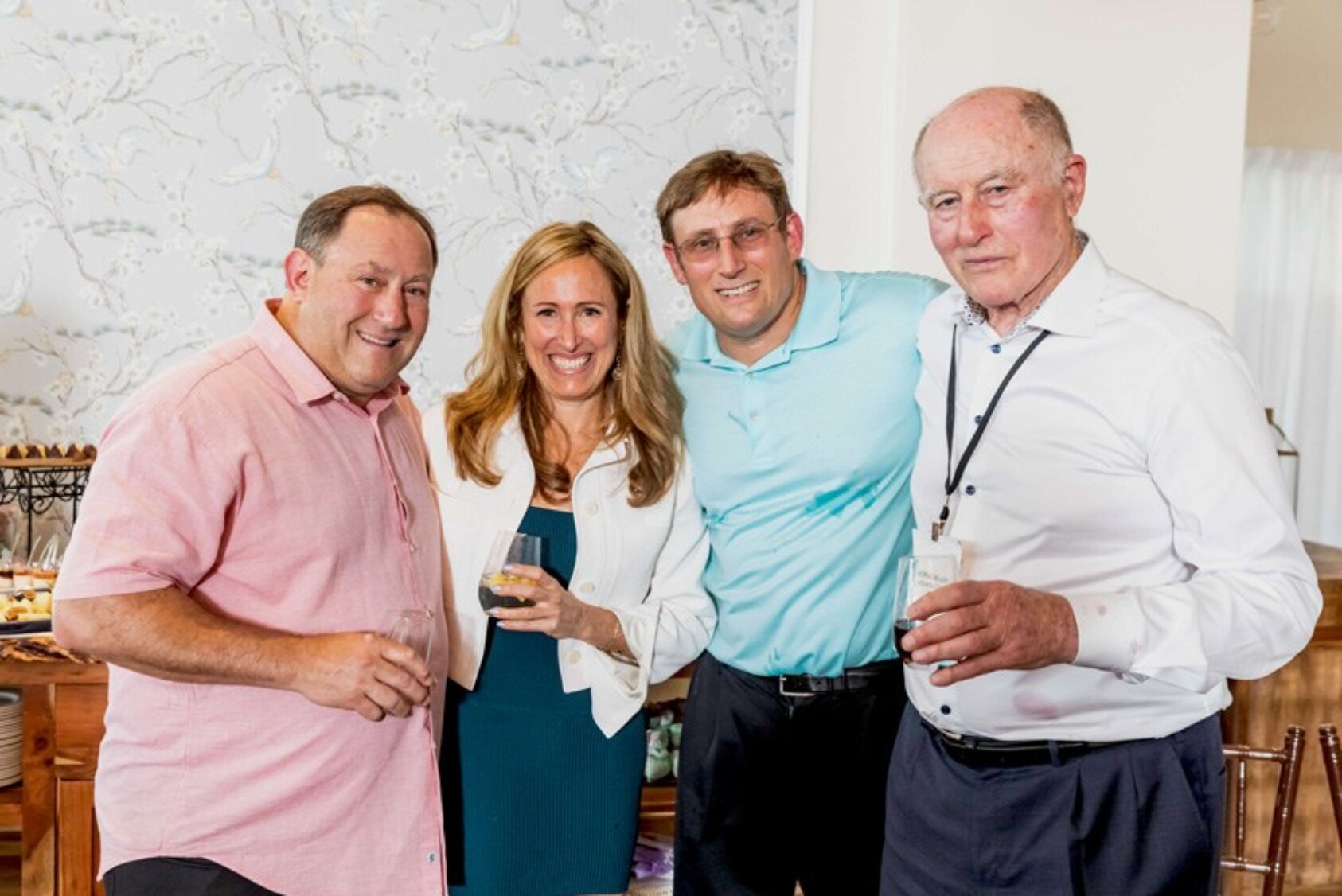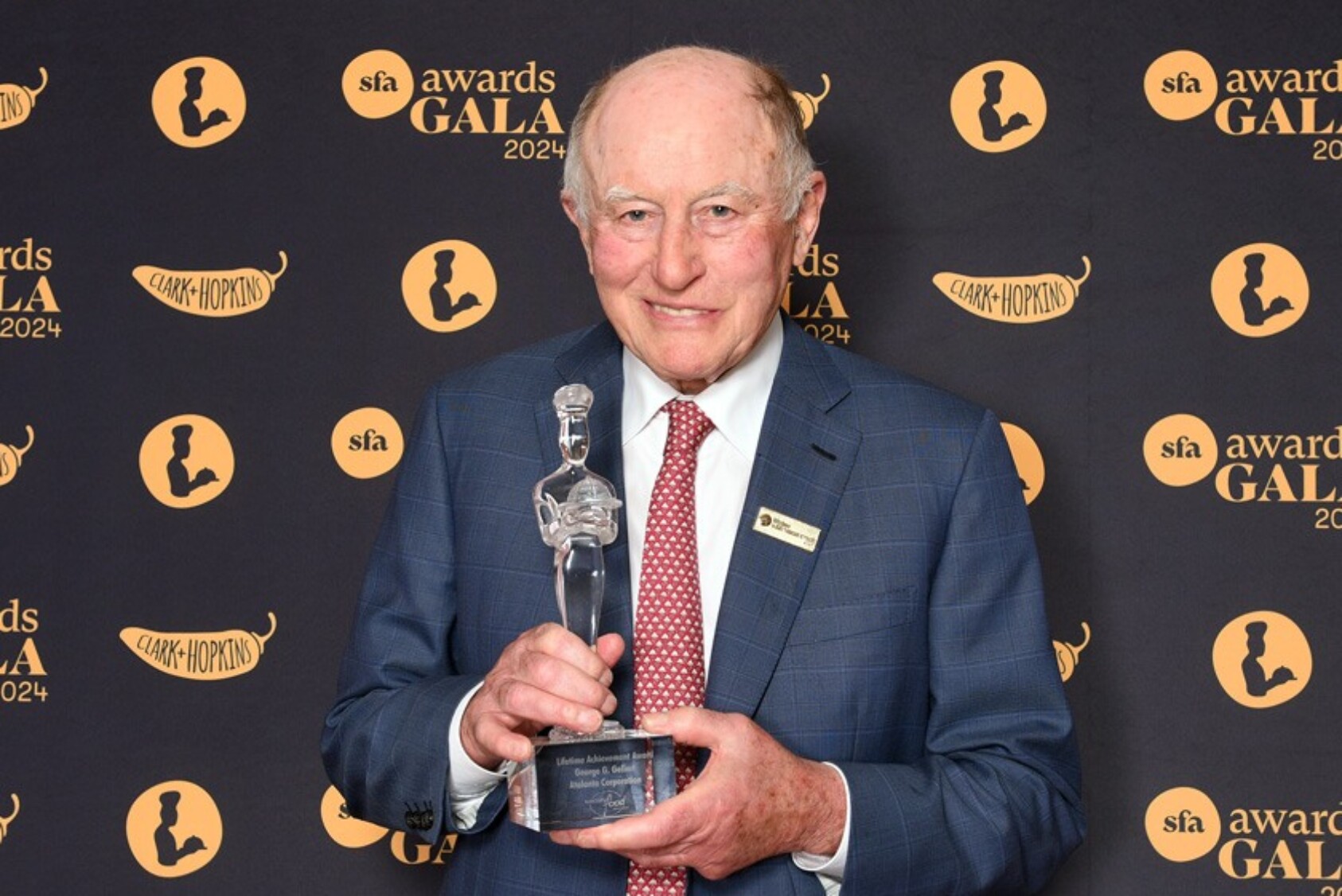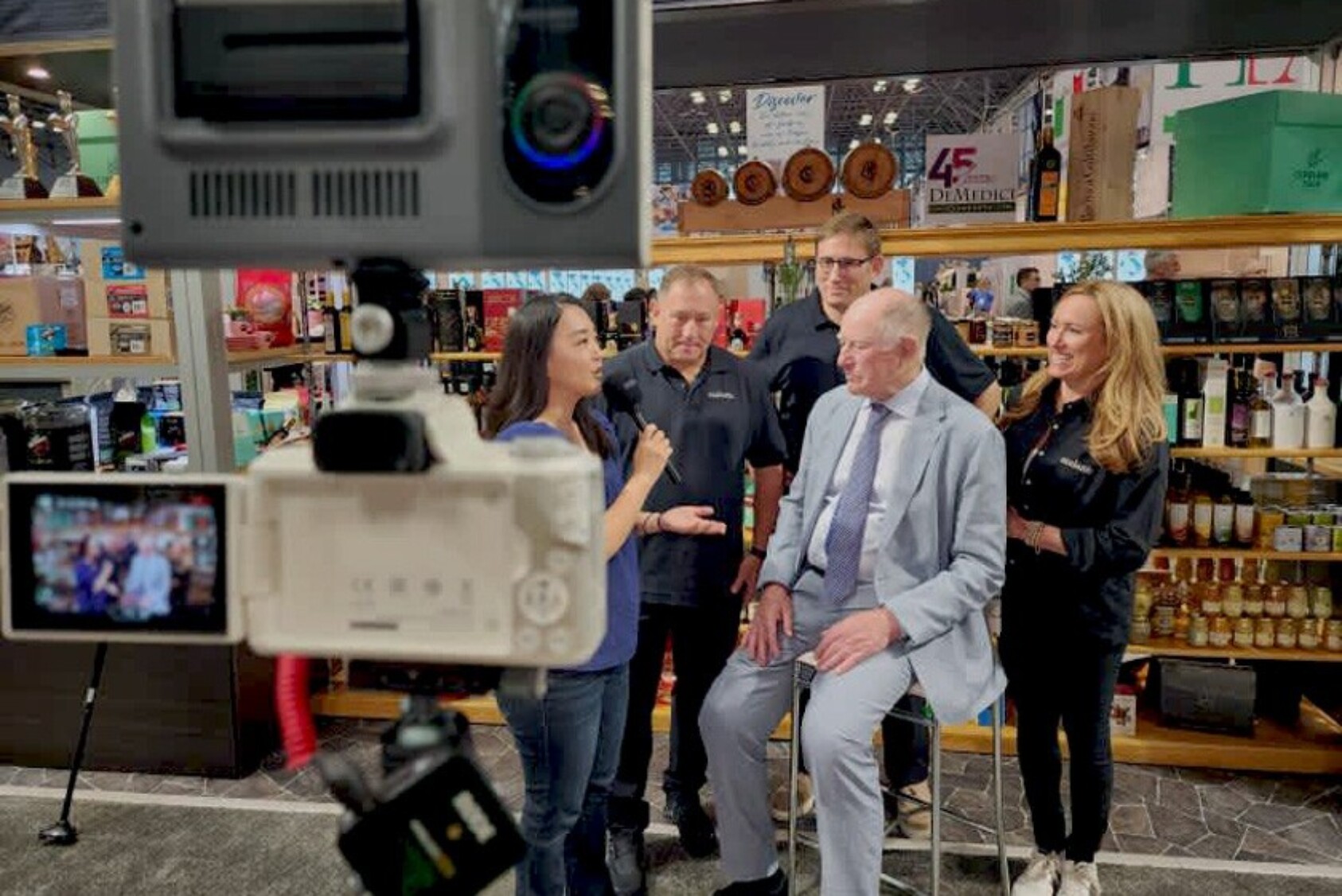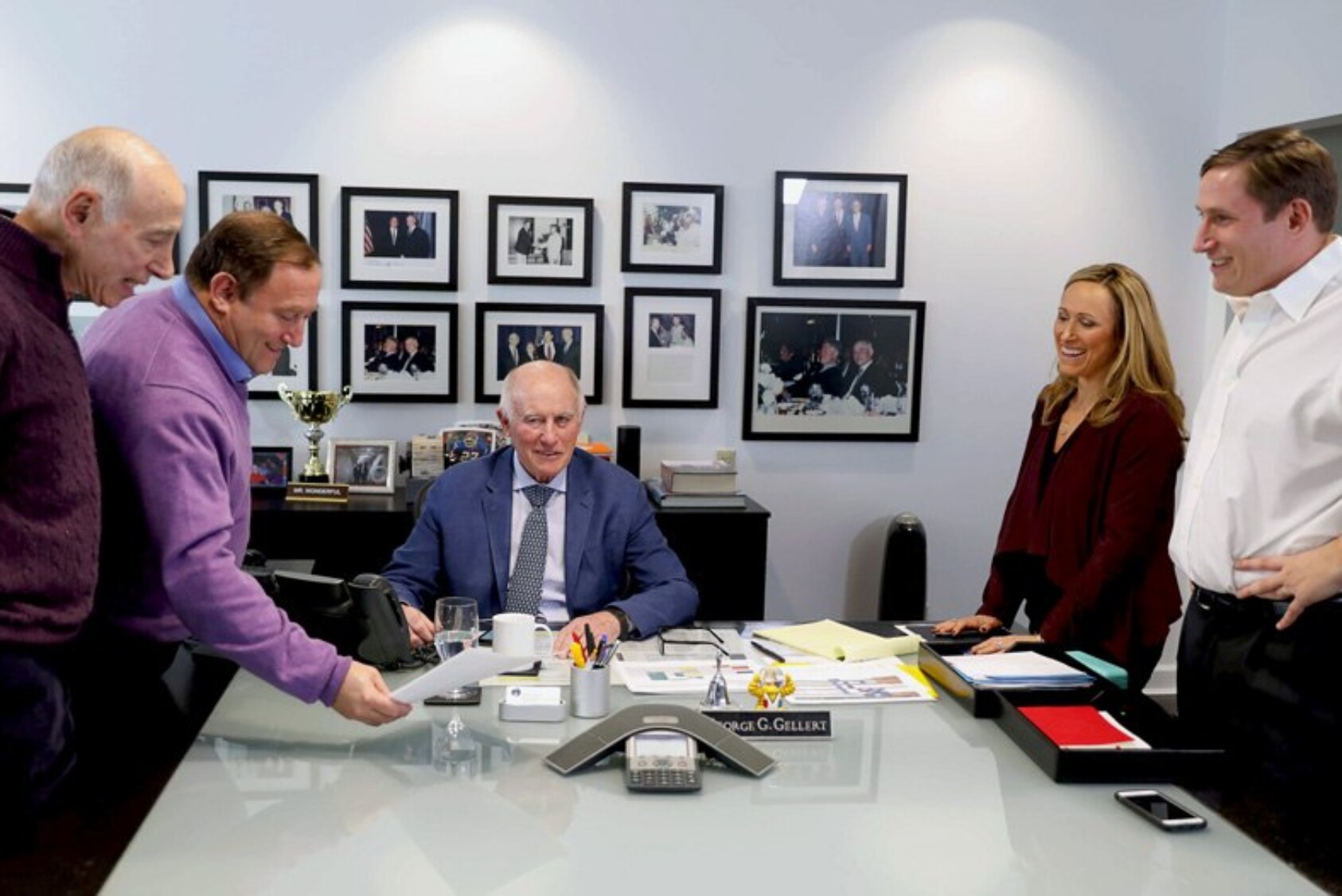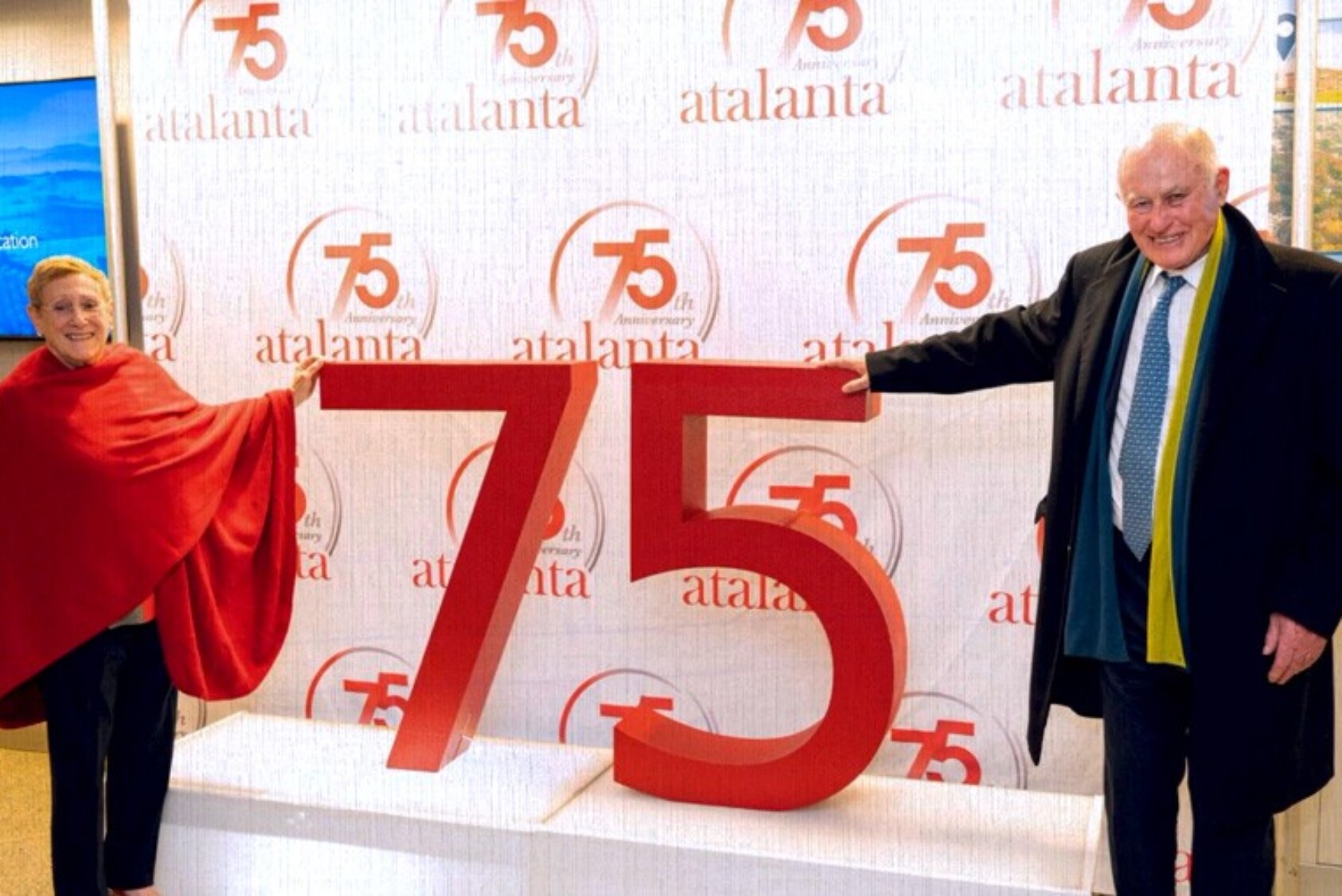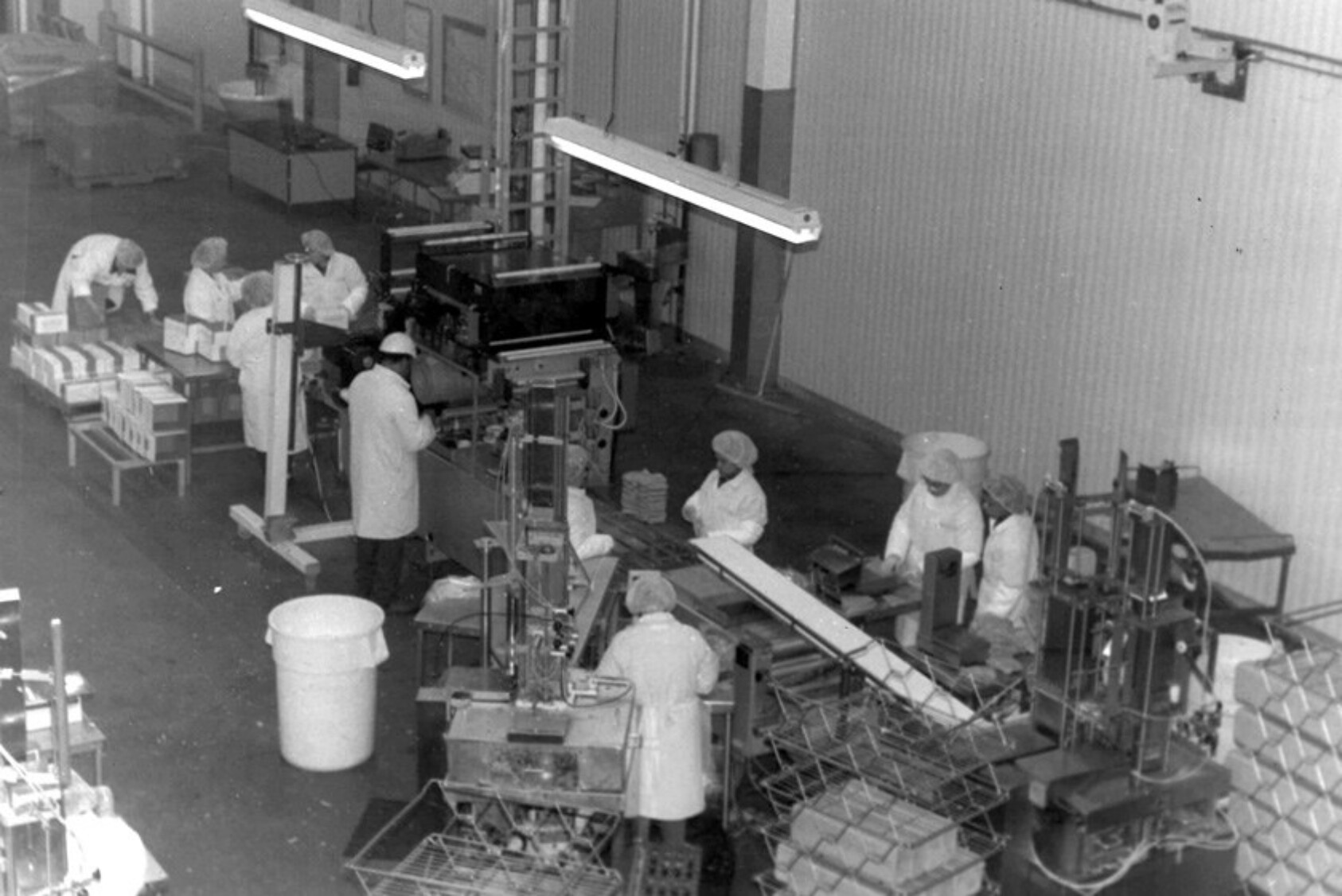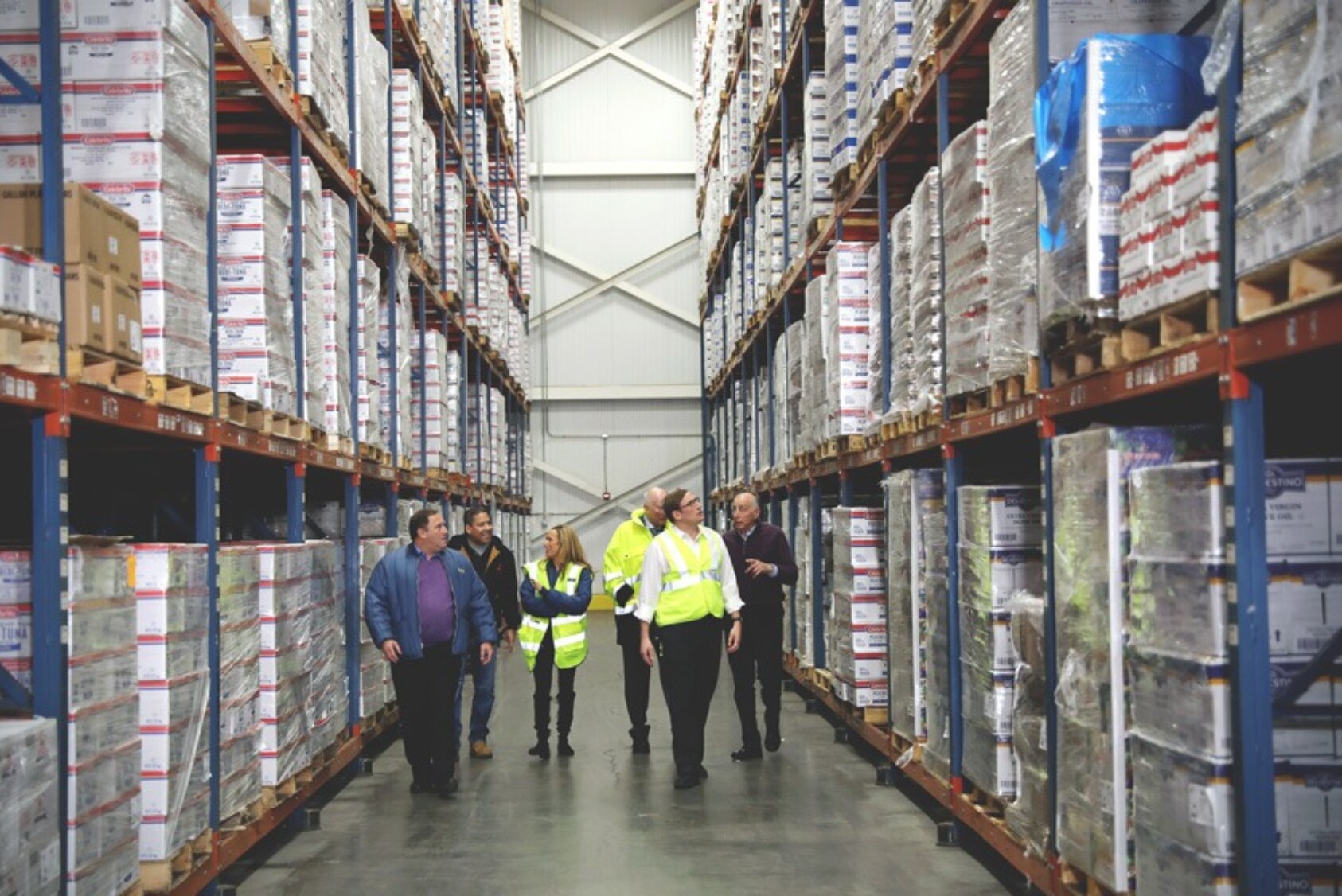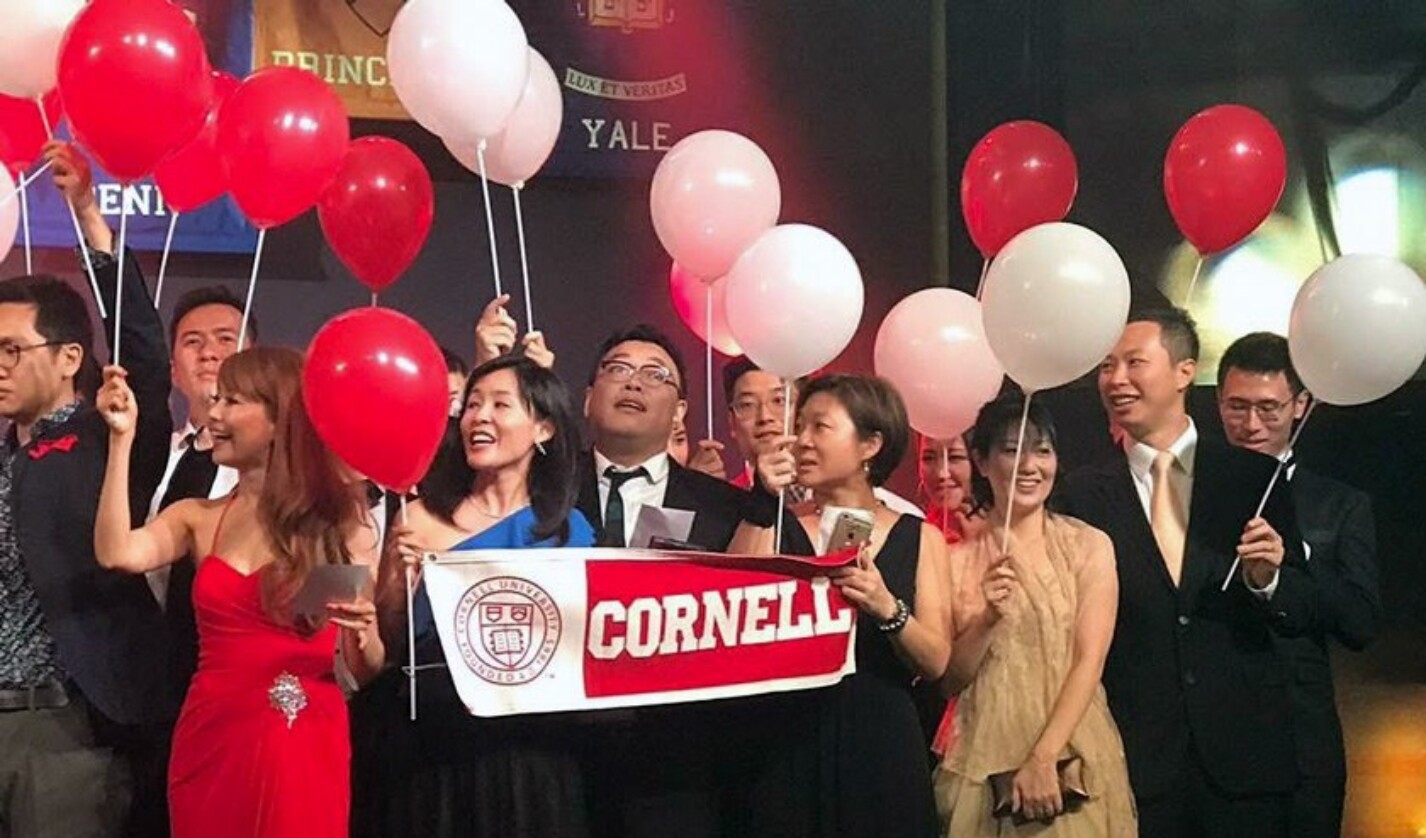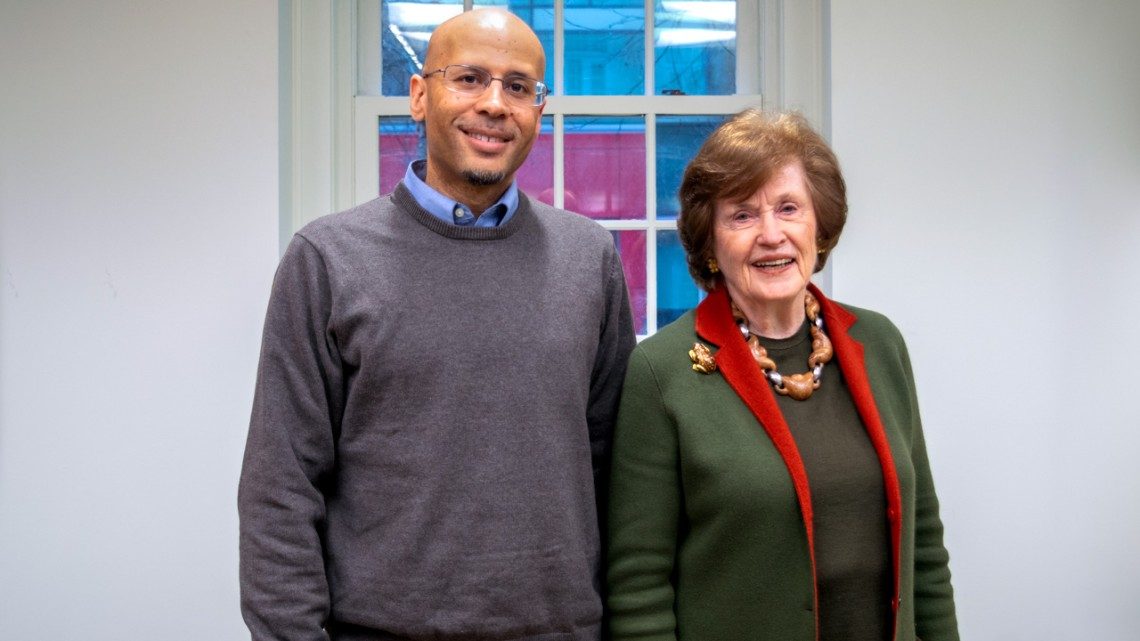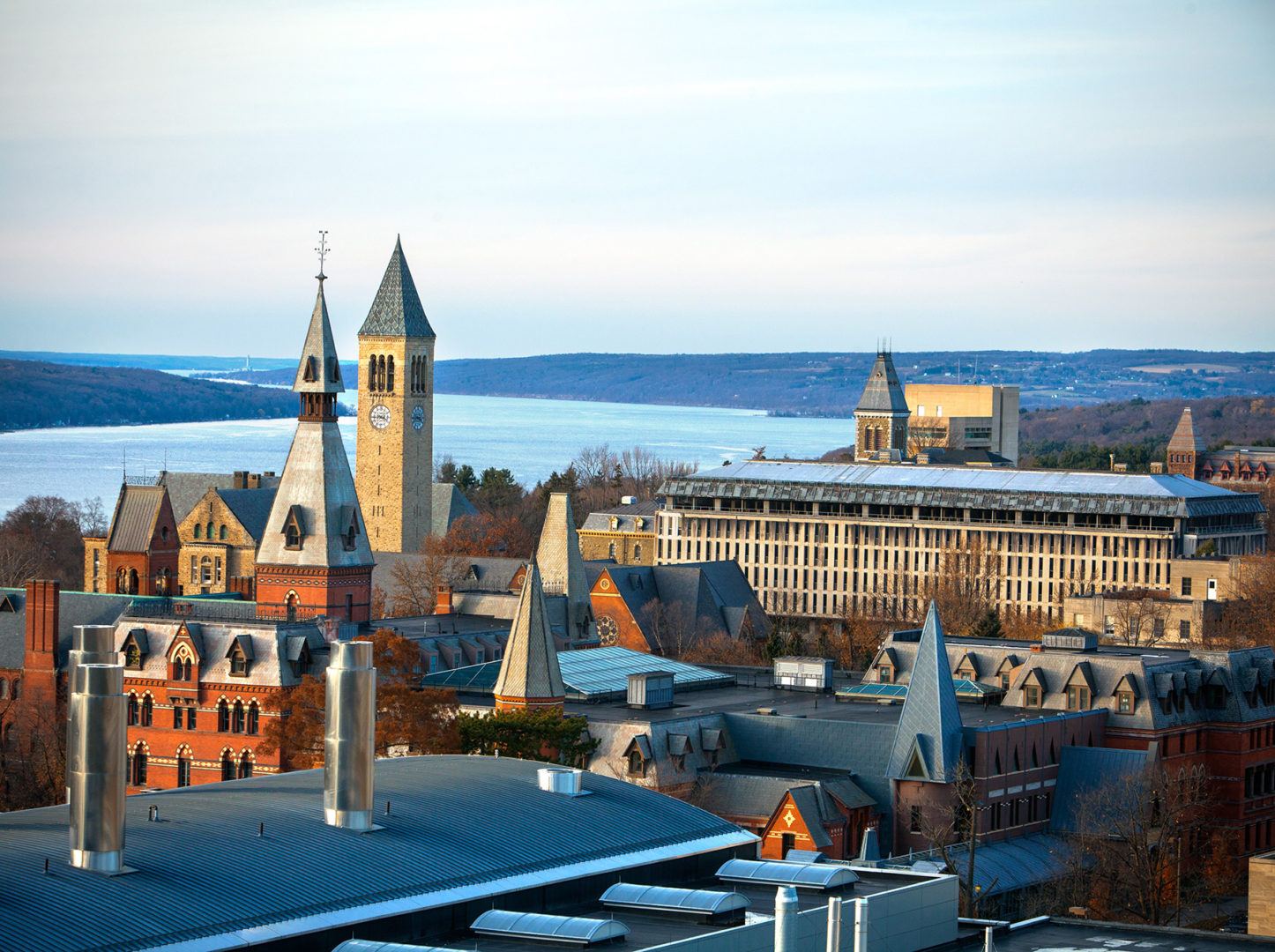Over the past 80 years, George Gellert ’60, MBA ’62, JD ’63 has grown a family farm into an international food empire. Gellert Global Group (GGG) is a global food importer that supplies more than 5,500 unique food items sourced from 60+ countries worldwide. GGG’s Atalanta Corporation is the leading private food importer in the U.S.
George credits his Cornell education with giving him the knowledge and training to succeed. He, his family, and his employees continue to consult with Cornell faculty on everything from food trends, to food science, to food safety.
“I learned so much, both from the curriculum as well as from the other students,” George says. “The things I learned were fundamental to my career at Atalanta Corporation and the Gellert Global Group.”
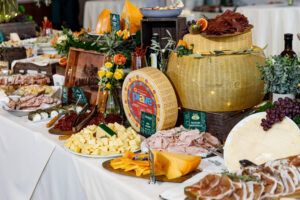
In recognition of the vital contributions of Cornell faculty to their business, the Gellert family has endowed two professorships: the Gellert Family Professorship in Applied Economics and Management, held by Harry M. Kaiser, and the Gellert Family Professorship in Food Safety, held by Martin Wiedmann PhD ’97.
“All sorts of problems can occur when you buy products overseas,” George observes. “Sound business practices and food safety are both very important in our industry.”
George says the expertise of Cornell faculty has been invaluable in helping their company—and so many others in the food industry—to resolve challenges over the years. The faculty have shared their expertise for the betterment of the industry as a whole.
The professors have served as knowledgeable advisors to our organization and our family. These investments are more than a partnership—we are grateful for the role the professors have played in fostering the growth of our company. We hope and intend to fund additional professorships in the future.
Professor Kaiser digs into the high price of groceries
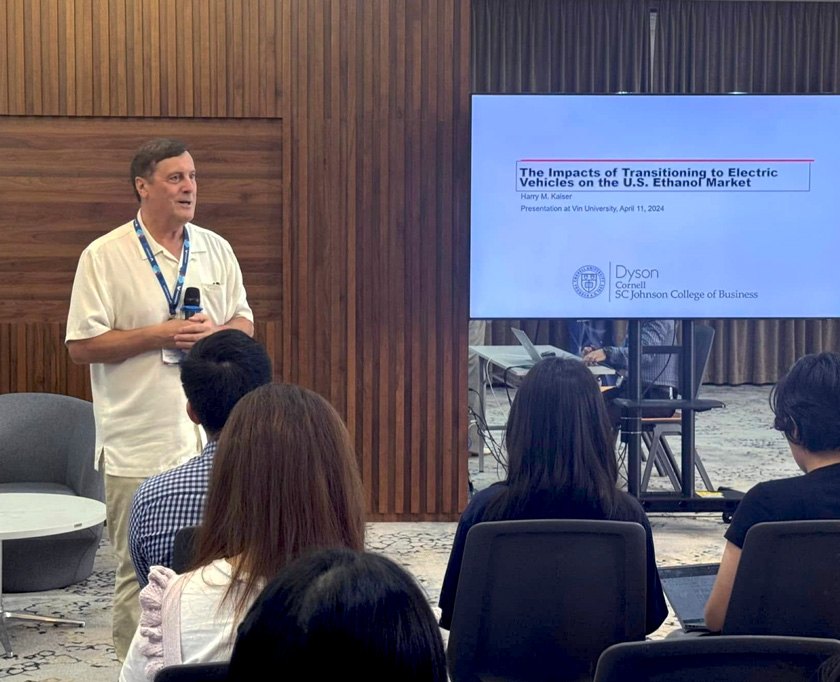
In 2010, the Gellerts endowed the Gellert Family Professorship of Applied Science and Management, a position currently held by Harry M. Kaiser.
Harry conducts important research into topics of everyday concern to American consumers, such as grocery prices. He recently completed the first comprehensive analysis of grocery taxes in all counties across the U.S. What he found is that grocers routinely pass these taxes along to consumers, causing a significant extra bump in food costs.
“In counties that use grocery sales taxes, for every $1 of tax, retailers are marking up the price of the food items by $1.44,” Harry says. “In other words, retailers are over-shifting the tax to consumers.”
Harry notes that this negatively impacts food security, as well as health indicators such as obesity, diabetes, and other diseases.
“Grocery taxes negatively impact food insecurity, especially for poorer households in the U.S.,” he says. “The taxes contribute to unhealthy eating—since healthy foods usually cost more than unhealthy foods.”
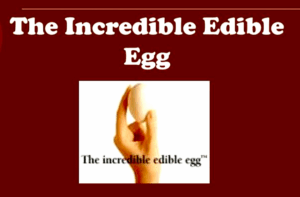
Harry explains that the Gellert family endowment allowed him to acquire the data necessary for this research and to support graduate students who help drive this work. The professorship affords him annual resources which he uses to support students, conduct research, travel to give presentations, acquire data to inform his work, and write articles and textbooks.
When it comes to the high price of eggs, Harry notes that this is not actually the result of government policy—but rather due to the bird flu that decimated the U.S. chicken flock. The good news is that Harry expects egg prices to come down, as producers rebuild their hen flocks.
Professor Wiedmann puts food safety into practice
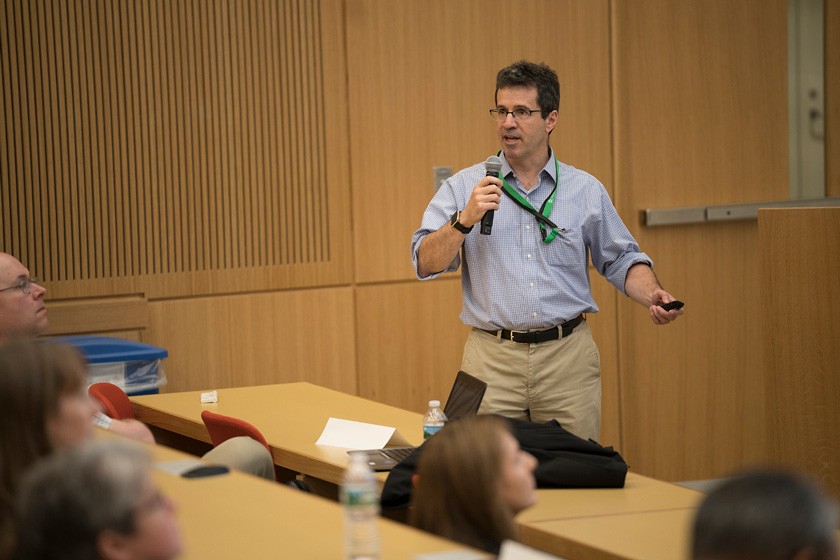
In 2015, the Gellerts endowed the Gellert Family Professorship in Food Safety, which is currently held by Martin Wiedmann PhD ’97.
Martin’s work centers on food safety—from studying microbes that cause food-borne illness, to improving sanitation practices in supply chains, to developing new AI-driven tools to better predict and prevent risks.
Martin’s team works with partners around the world to improve food safety, including industry professionals. The opportunity to work on real-world problems that happen in places like processing plants has helped the team identify and mitigate risk factors.
“These interactions have helped me better understand the practical realities and challenges associated with managing food safety in global supply chains, with all their intricacies,” Martin says.
For example, his work has showed that, while testing is important, other practices can often be more effective in promoting food safety. These practices include:
- Treating irrigation water to kill bacteria
- Enhancing sanitation (for example by doing sanitation more frequently or taking apart equipment before sanitation so that all parts can be sanitized)
- Using data to determine how often critical parts of equipment need to be replaced
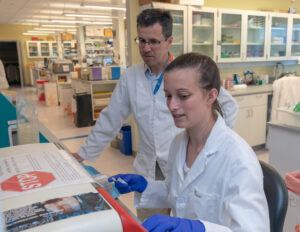
Martin notes that having an endowed professorship with the Gellert name attached to it has opened doors for him to engage with industry partners, worldwide.
“It is not unusual for me to attend meetings and have industry interactions where this endowed professorship opens the door for deeper conversations, as well as research and other collaborations,” he says.
These collaborations have a substantial real-world impact.
“In addition to research, I have an active extension program that translates scientific research from Cornell and beyond to help a broad range of stakeholders. This program helps companies, farmers, and government agencies improve food safety,” Martin says.
From family farmer to global food supplier
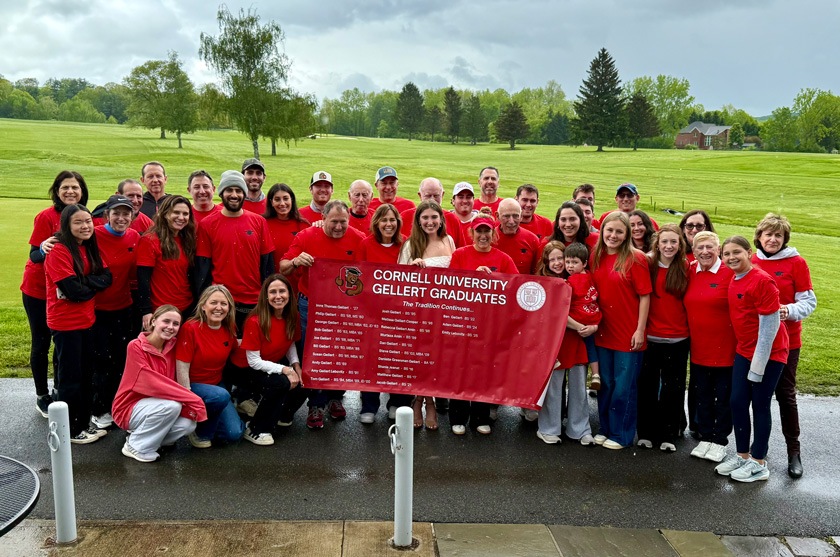
Members of the Gellert family across four generations have attended Cornell and supported the university as leaders and donors. They have served on the university’s Board of Trustees, the Cornell University Council, the President’s Council of Cornell Women, and the advisory councils for the College of Agriculture and Life Sciences, the Cornell SC Johnson College of Business, the Charles H. Dyson School of Applied Economics and Management, and the Cornell Institute of Food Science.
“Cornell has been instrumental in our lives,” George says. “Over the years my brothers, nieces, nephews, children, grandchildren, and great nieces and nephews continue to look to and learn from Cornell.”
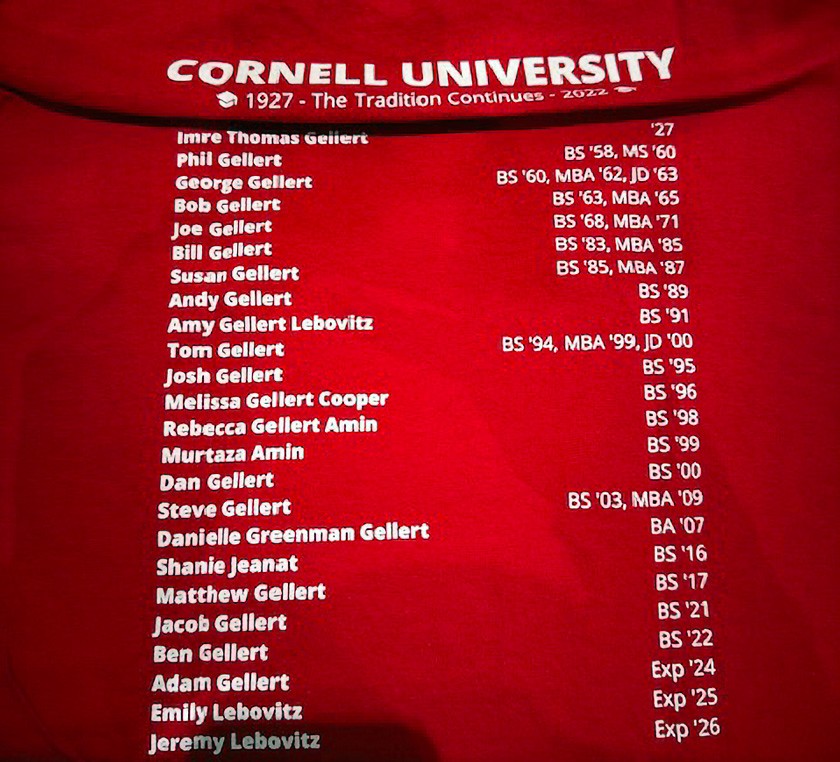
In 1946, George’s father Imre Gellert ’27 bought a summer home in Columbia County, New York. There, he decided to try his hand at egg production.
Imre was a Cornell-trained engineer with no formal background in agriculture—so he turned to the College of Agriculture and Life Sciences for assistance. At that time, Wendell G. Earle was a professor of food industry management for the Department of Agricultural Economics.
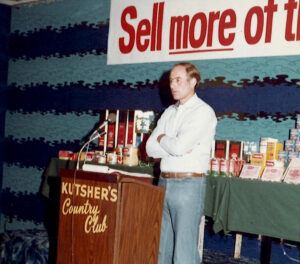
“Our family worked with Dr. Earle to learn tools of the trade,” George explains. “Dr. Earle taught us useful things, such as how to buy chickens and how to grade eggs.”
The Gellerts went on to run one of the largest egg operations in New York State.
George attended Cornell CALS as an undergrad, where he took coursework in marketing, logistics, and food distribution, and he earned both MBA and JD degrees from the university. As an alumnus, George has been a huge supporter of his alma mater, including as a Presidential Councillor, former trustee, and Cornell Foremost Benefactor.

